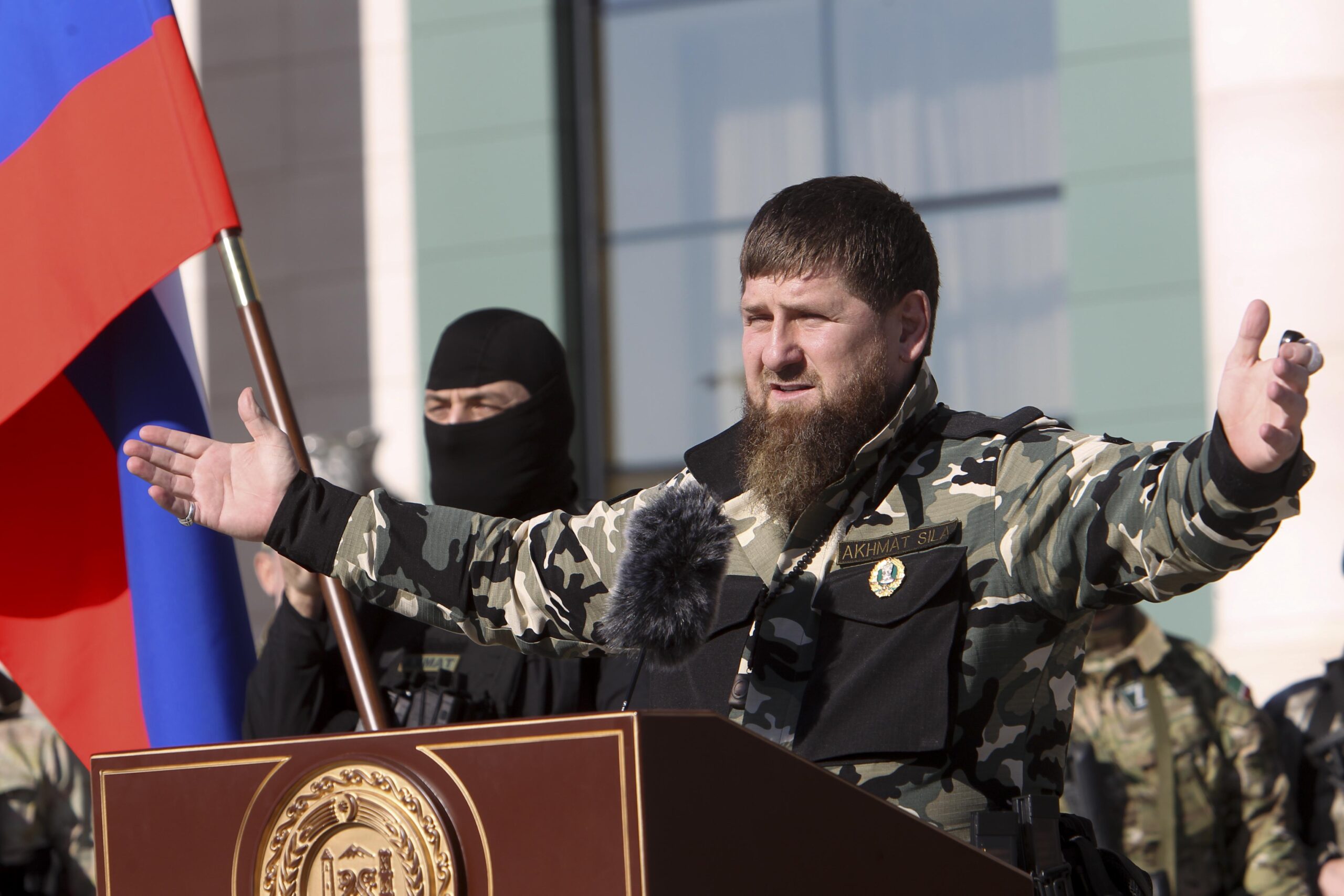In a surprising move, Chechnya, a Russian republic, has reportedly issued a decree restricting the tempo of music played within its borders. According to the Moscow Times, the Chechen culture ministry announced earlier this week that all music must conform to a tempo range of 80 to 116 beats per minute (BPM). This regulation effectively bans a vast array of Western music genres, particularly EDM, rave and techno music.
The new standard, imposing relatively slow tempos, starkly contrasts with the upbeat tempo of much modern-day pop music. This rule seems aimed at preserving the conservative Islamic society’s cultural integrity in Chechnya. Ramzan Kadyrov, the republic’s leader, has directed culture minister Musa Dadayev to ensure Chechen music aligns with the “Chechen mentality,” as reported by the Moscow Times. Dadayev has been quoted as saying, “Borrowing musical culture from other peoples is inadmissible,” signaling a move towards cultural autarky.
This announcement reportedly came after a meeting between the republic’s ministry and local and regional artists. In an interesting twist, artists have been given a grace period until June 1 to rewrite any music that does not meet the new criteria. Failure to do so would result in a ban from performing the non-compliant music in public. Consequently, popular Western rave and techno tracks, known for their high BPM, would not be allowed under this new rule.
In the broader context, Chechnya has been a vocal supporter of Russia’s controversial invasion of Ukraine. Additionally, the republic has faced international scrutiny and condemnation over a series of anti-LGBTQ+ incidents, including alleged anti-gay purges. The United Nations has described these as “acts of persecution and violence on an unprecedented scale.”
This new music regulation is yet another instance showcasing Chechnya‘s commitment to enforcing its cultural and moral values, often at odds with Western norms and artistic freedoms. The impact of this decree on the local music industry, artists, and the general public remains to be seen, as it ushers in a new era of cultural policy in Chechnya.







